
The mission of the Lakes Region Medical Reserve Corps (LR-MRC) is to serve citizens and communities throughout the Winnipesaukee Public Health Network by establishing a team of volunteers to strengthen the public health infrastructure and improve emergency preparedness.
Lakes Region Medical Reserve Corps (LR-MRC) is currently accepting volunteer applications. Lakes Region Medical Reserve Corps believes our diversity is what makes us stronger. We are committed to embracing our differences, so that people can be who they are, and work to the best of their ability. To learn about all Partnership for Public Health volunteer opportunities and to apply to the Lakes Region Medical Reserve Corps, CLICK HERE
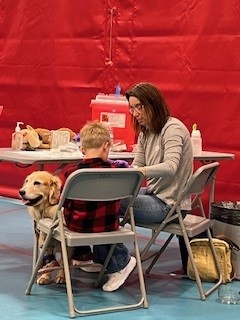
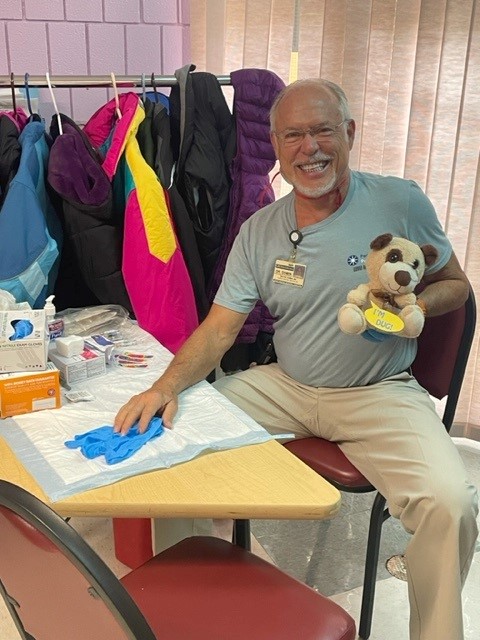
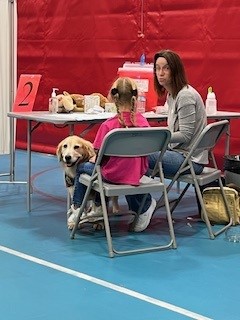

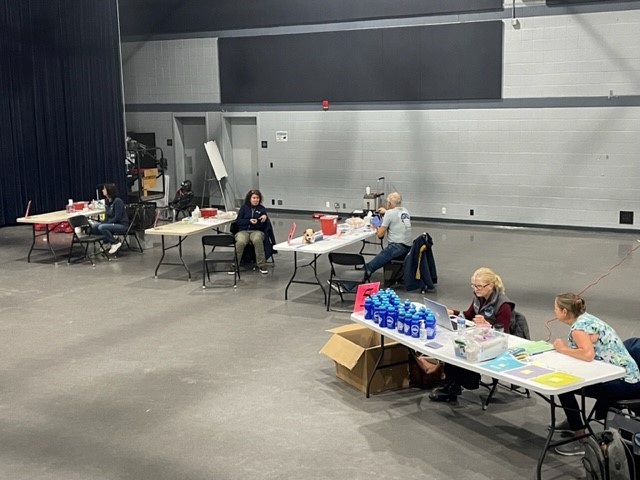
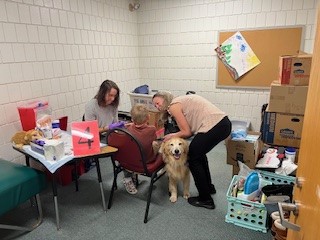
What is the Medical Reserve Corps (MRC)?
A national program that focuses on organizing and utilizing medical and public health volunteers.
- MRC units work to strengthen local public health systems and provide help in emergencies.
- The overarching goal is to improve health literacy, and in support of this, teams work towards increasing disease prevention, eliminating health disparities, and improving public health preparedness.
Watch this great promotional VIDEO!
Why was the MRC founded?
- On September 11, 2001, thousands of spontaneous volunteers could not be used due to liability, training and management issues.
- To ensure that volunteers would be trained and ready to help respond to emergencies, the MRC was launched in 2002.
- Today, well over 980 local MRC units exist across the nation with more than 208,000 volunteers.
- MRC volunteers can choose to support communities in need nationwide.
What is a MRC Unit?
MRC units are community-based and function as a way to locally organize and utilize volunteers who want to donate their time and expertise to prepare for and respond to emergencies and promote healthy living throughout the year. MRC volunteers supplement existing emergency and public health resources.
How can Lakes Region-MRC volunteers help in local emergencies?
- Conducting assessments and triage.
- Staffing vaccination clinics.
- Staffing emergency treatment centers.
- Supporting local emergency response partners.
What trainings are available to MRC volunteers?
- Introduction to Incident Command System
- Personal Preparedness
- Psychological First Aid
- First Aid/ CPR
- Disaster Life Support
- Sheltering
Who can be a MRC Volunteer?
During a public health emergency, MRC volunteers are a component of a successful response. Volunteers are key support positions filled by many community members: interpreters, chaplains, office workers, legal advisers and may also include:
- Physicians
- Nurses
- Pharmacists
- Dentists
- Retired medical professionals
- Veterinarians
- First responders
- Mental health counselors
- Public health professionals
- Occupational therapists
- Physical therapists
- Social workers
LR-MRC is affiliated with the statewide pre-credentialing system for health care providers interested in volunteering. Visit NHResponds.org for more information.
Information and Resources:
- Disaster Animal Response Teams (NHDART)
- Federal Emergency Management Agency (FEMA)
- Medical Reserve Corps
- NH Citizen Corps
- NH Medical Reserve Corps (MRC)
- NH Responds
Student Tools for Emergency Planning (STEP) - Public Health Network Regions (NHPHN)
For more information contact John Beland, Emergency Preparedness and Response Director, at (603) 707-5855 for email: jbeland@pphnh.org.
Proudly serving, Alton, Barnstead, Belmont, Center Harbor, Danbury, Franklin, Gilford, Gilmanton, Hill, Laconia, Meredith, Moultonborough, New Hampton, Northfield, Sanbornton, and Tilton.
The time for volunteers to become involved in emergency response is now – before an incident occurs.
